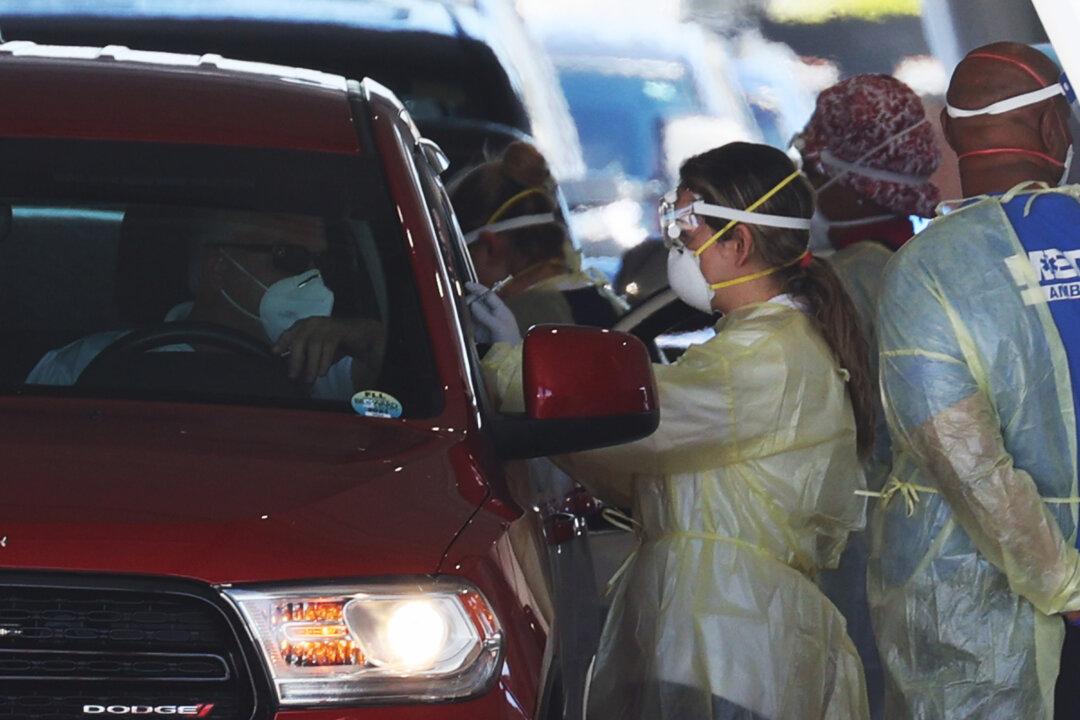Severe allergic reactions to COVID-19 vaccines are happening at a higher rate than adverse reactions to flu vaccines, federal health officials said on Jan. 6.
Officials at the Centers for Disease Control and Prevention (CDC) said that the reactions, known as anaphylaxis, are happening at a rate of 11.1 per million vaccinations. With flu vaccines, anaphylaxis occurs at a rate of 1.3 per 1 million injections.





